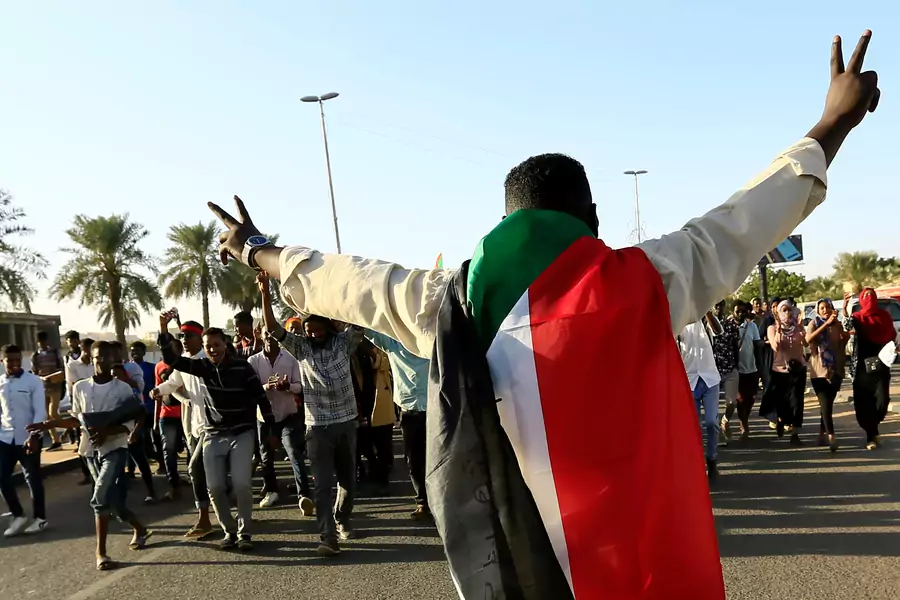Sudan’s Transformative Year and the Challenges Ahead

2019 brought spectacular change to Sudan. It’s hard to overstate the astonishing distance the country has traveled over the past year. Recent headlines feature reports of truly unfettered humanitarian access, the conviction of former President Omar al-Bashir on corruption charges, and concrete steps on the part of the state to promote religious tolerance. While Bashir must answer for many more crimes, all of these developments would have seemed the stuff of fantasy not long ago. The courage of the Sudanese people, and their capacity to envision a different future for themselves, are genuinely inspiring. But the challenges ahead are vast, and next year may feature fewer celebrated gains and more murky choices. It will take persistence, focus, and good judgement on the part of reformers and their champions in the international community to make irreversible progress in 2020.
The transitional plan, laid out for Sudan by the uneasy coalition of security forces and civilian agents of change, envisions an end to the many conflicts on Sudan’s periphery as a precondition for political progress and real democratic accountability. That formula is both understandable—premature elections in a country at war with itself can exacerbate instability—and perilous, as it creates endless opportunities for spoilers to derail the country’s progress, whether they are self-starters or are encouraged to do so by security elites seeking a rationale to retain power. These armed groups have long resisted a truly odious state, but that does not mean they are particularly virtuous or visionary. Good faith peace talks make sense, but careful judgement will be needed to assess progress.
More on:
At the same time, the goodwill enjoyed by transitional authorities will dissipate if they cannot deliver concrete economic improvements. But untangling the corrupt networks that have siphoned off so many of Sudan’s riches for so long and distorted the economy so grotesquely will be a long slog. Necessary reforms need to be cushioned by international support to avoid straining the population to the breaking point. A sense of urgency is necessary, particularly in Washington, to normalize Sudan’s standing with international financial institutions and to find creative bridging mechanisms in the meantime. An exchange of ambassadors is a welcome and necessary step, but only a preliminary one. Intense, sustained interagency work and close collaboration with Congress, where there are several thoughtful advocates for a reformed Sudan, will be required in the year ahead.
More on:
 Online Store
Online Store